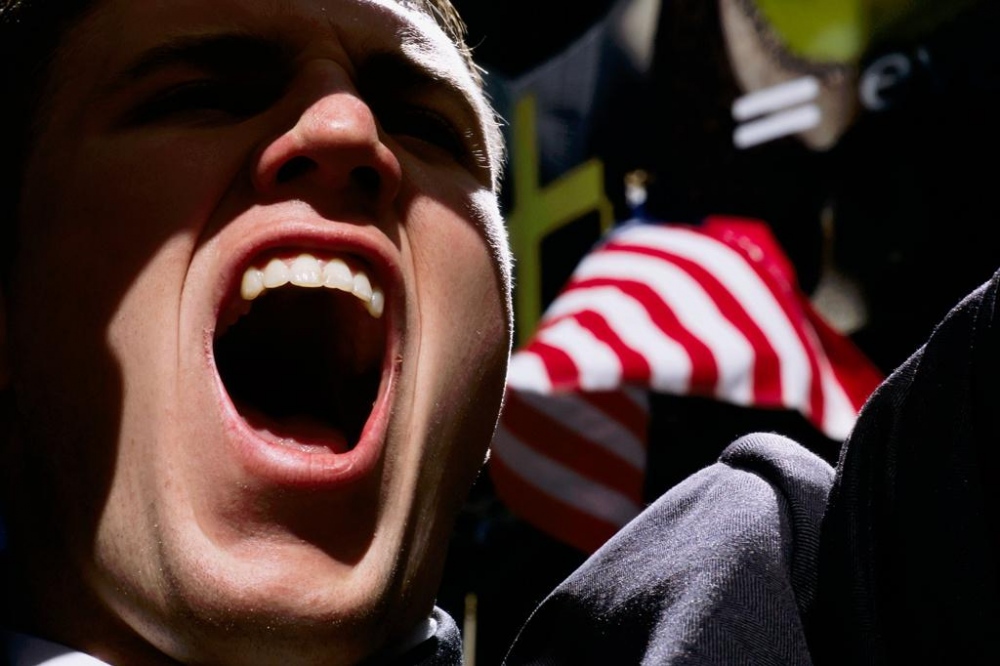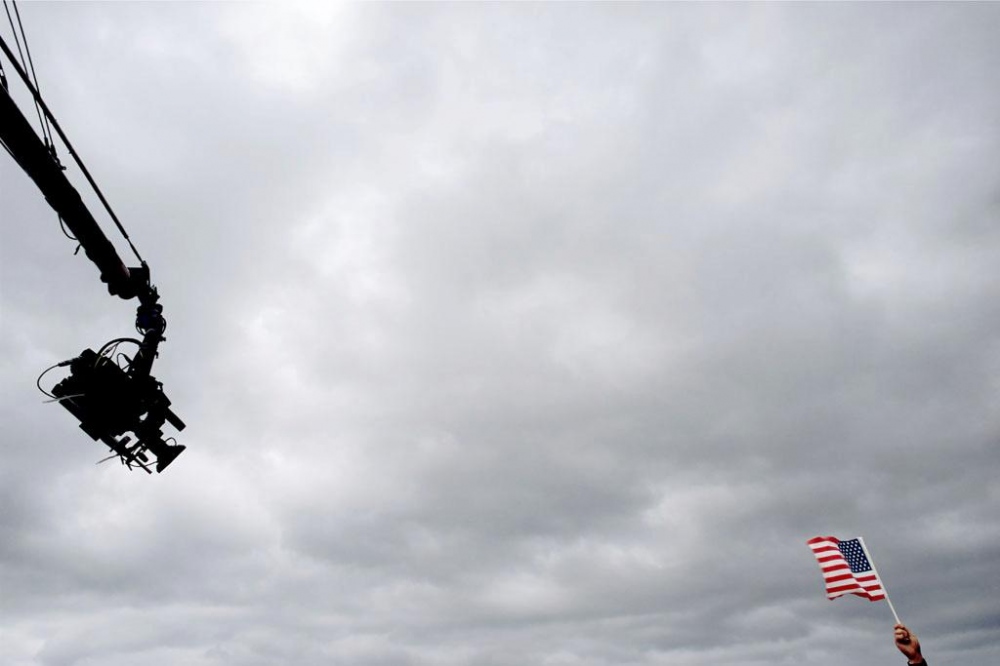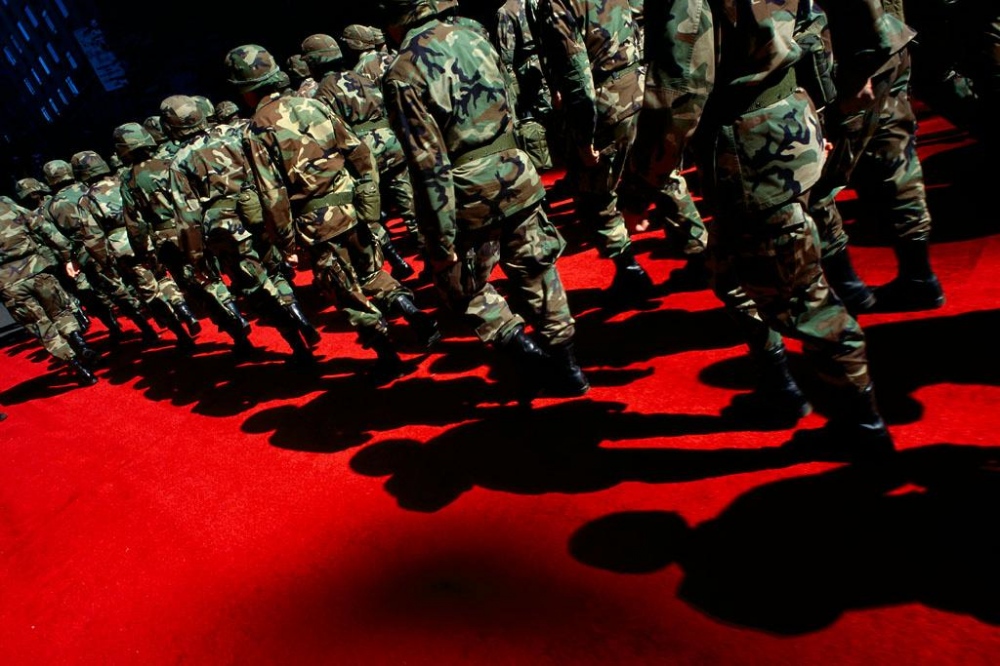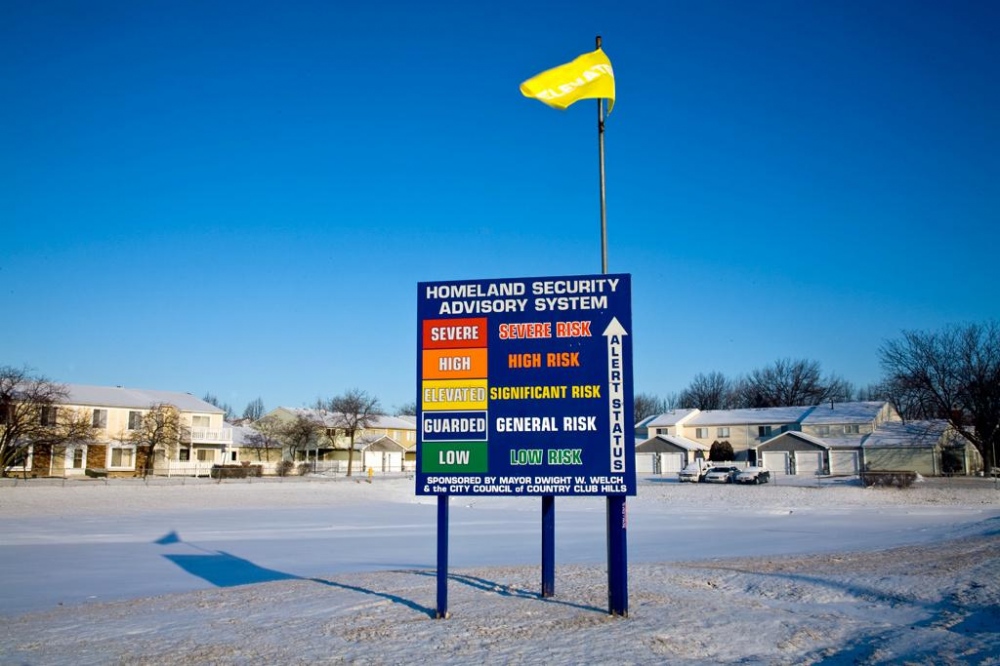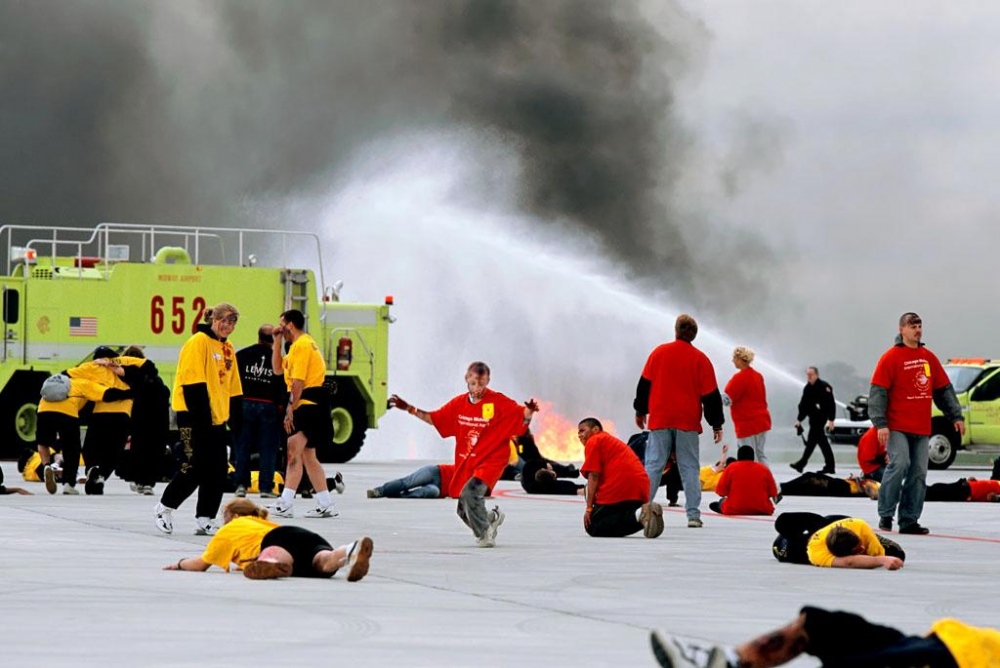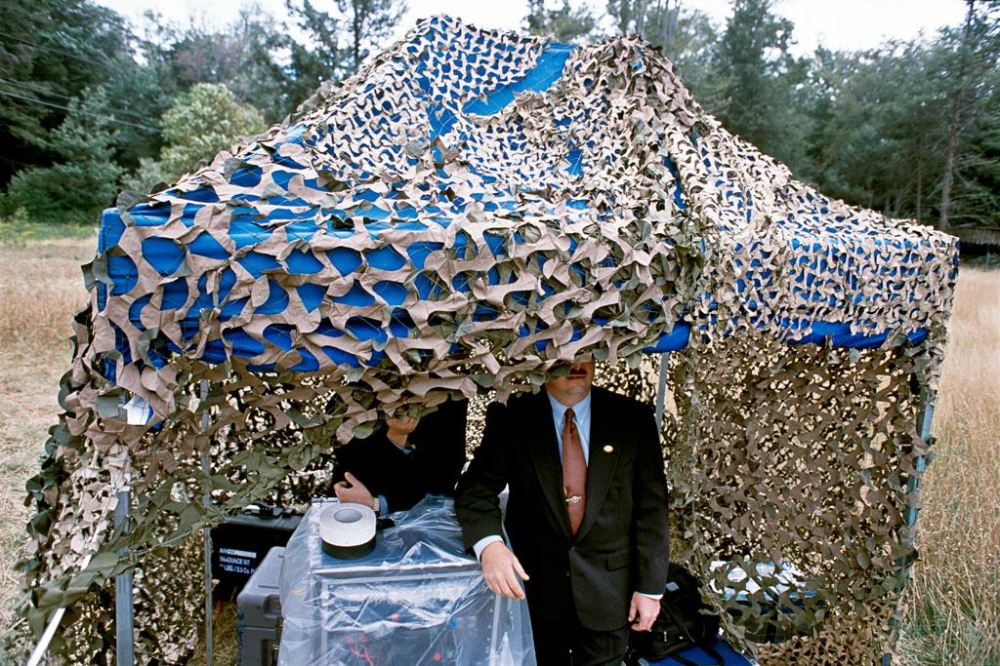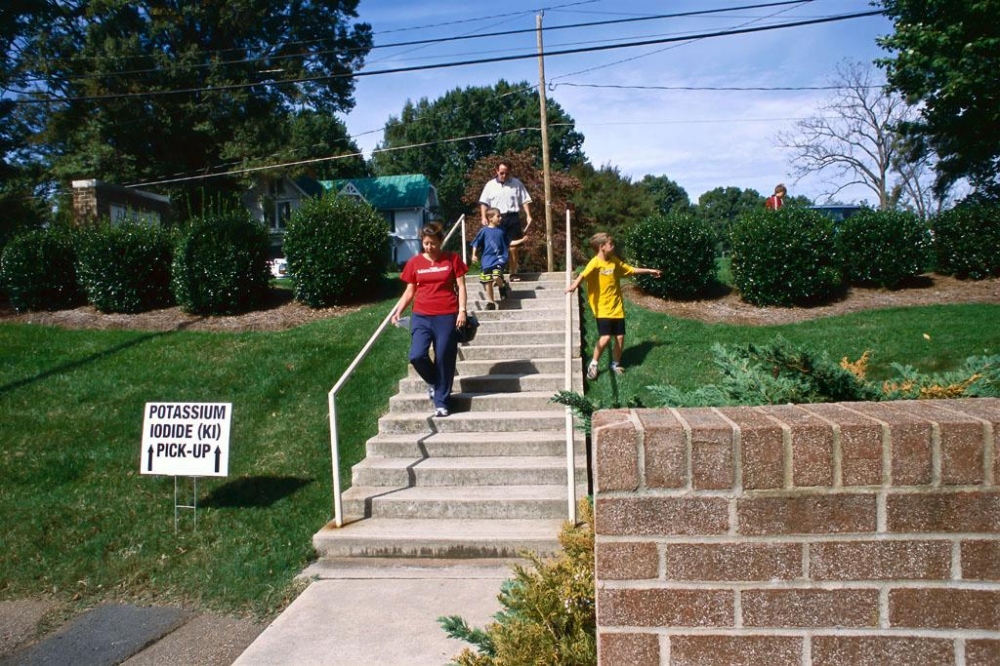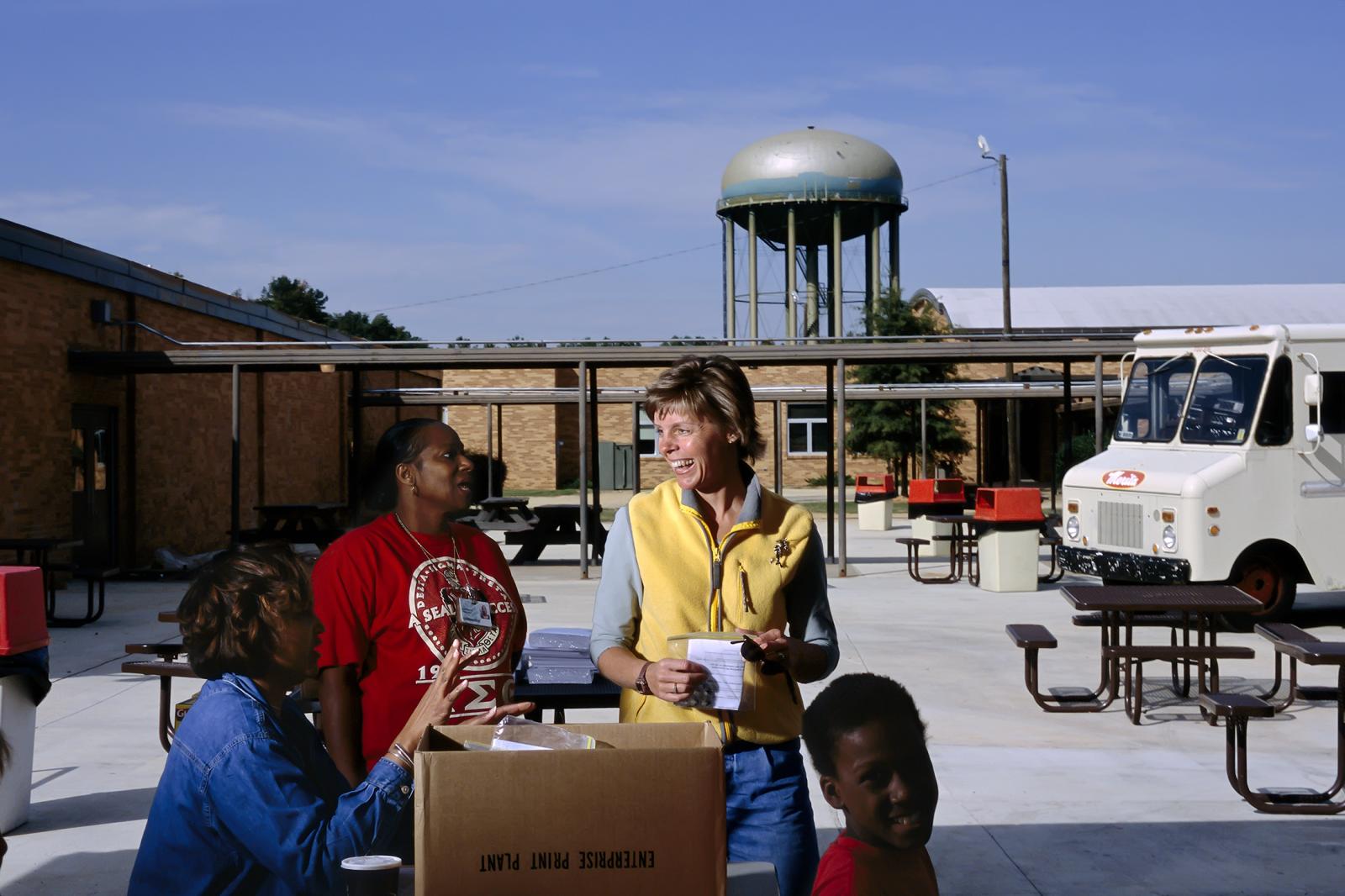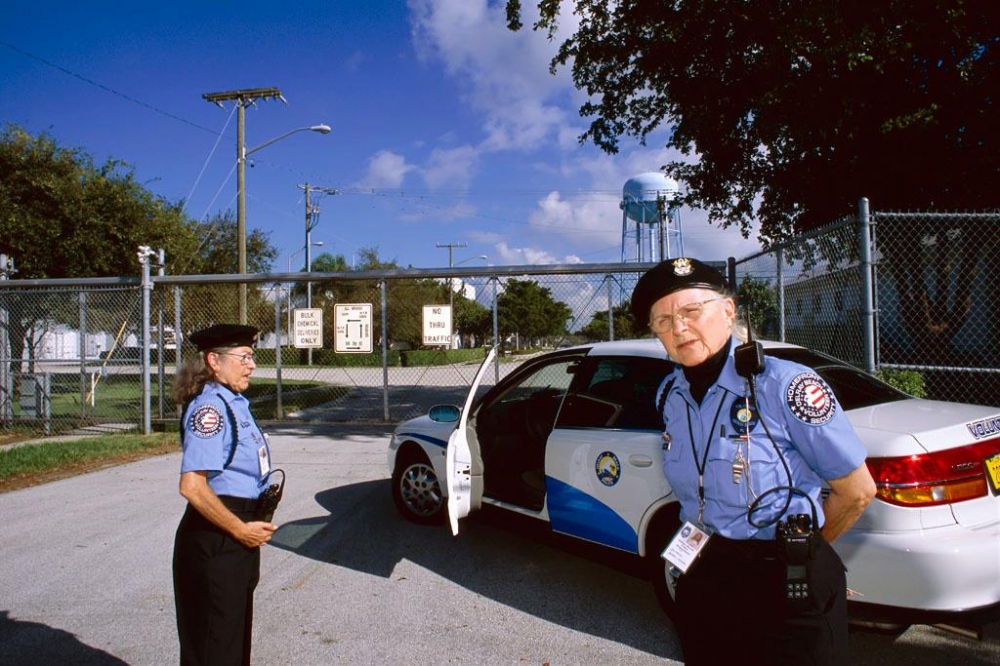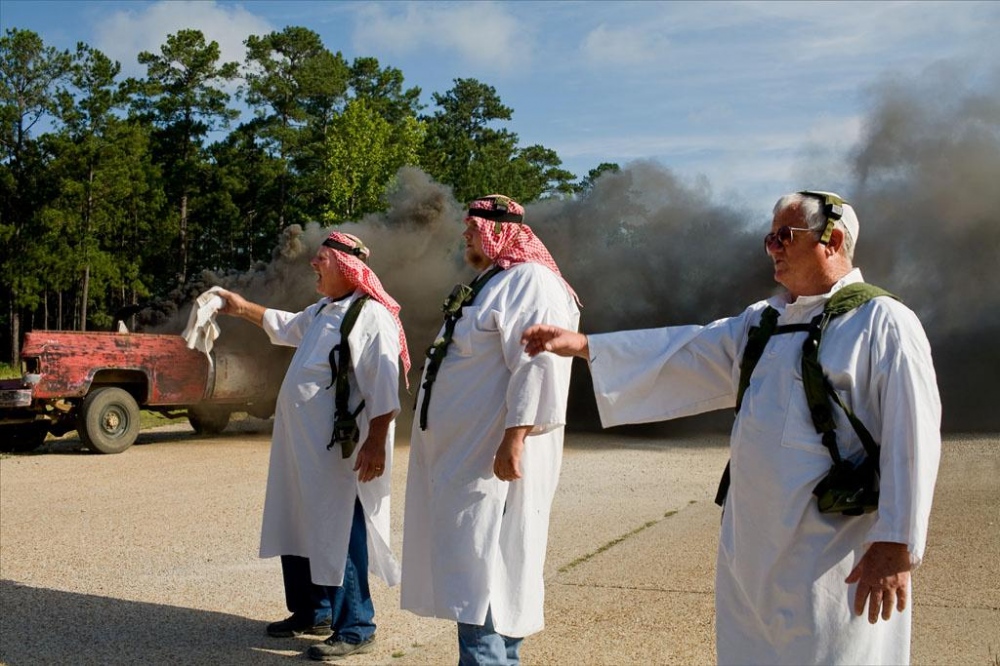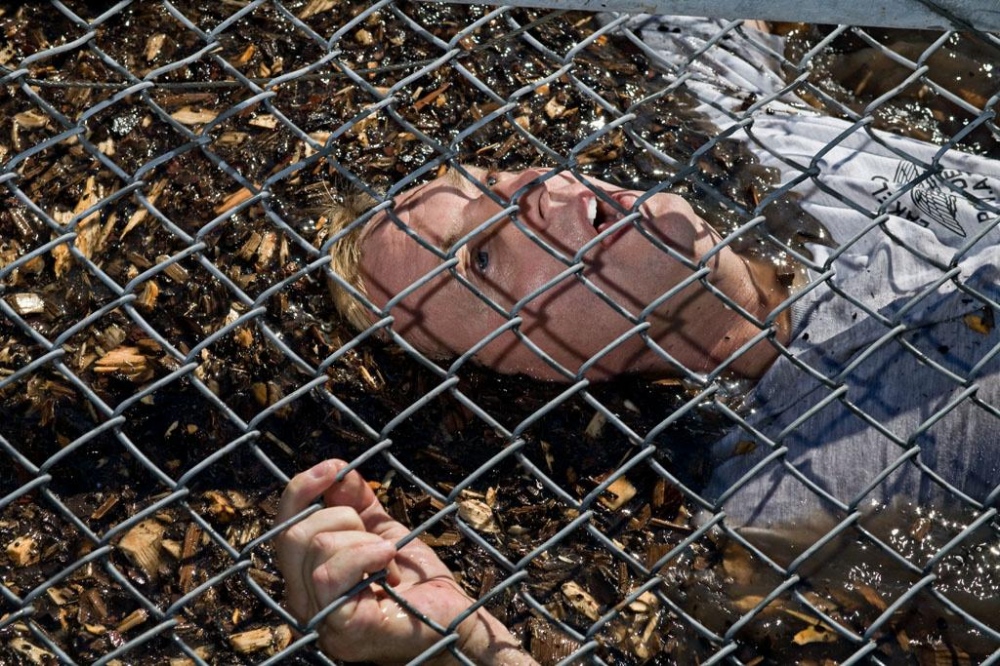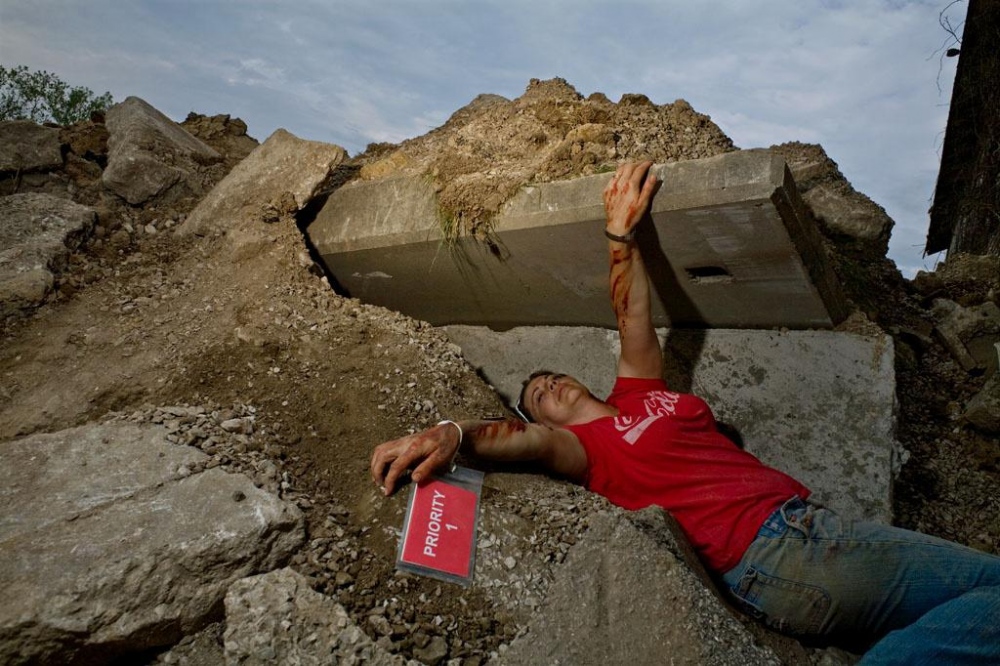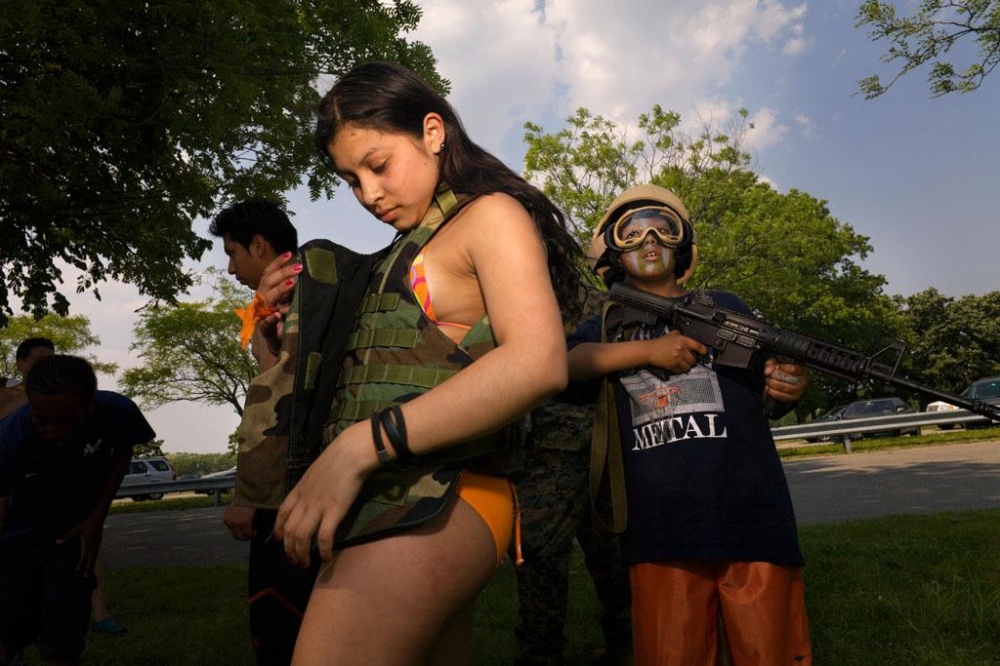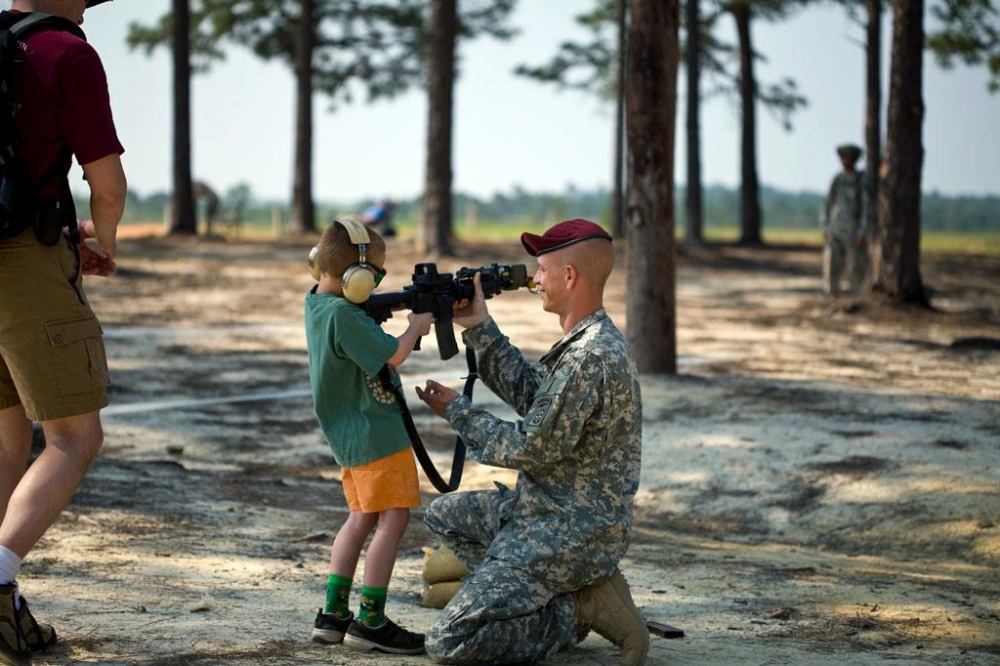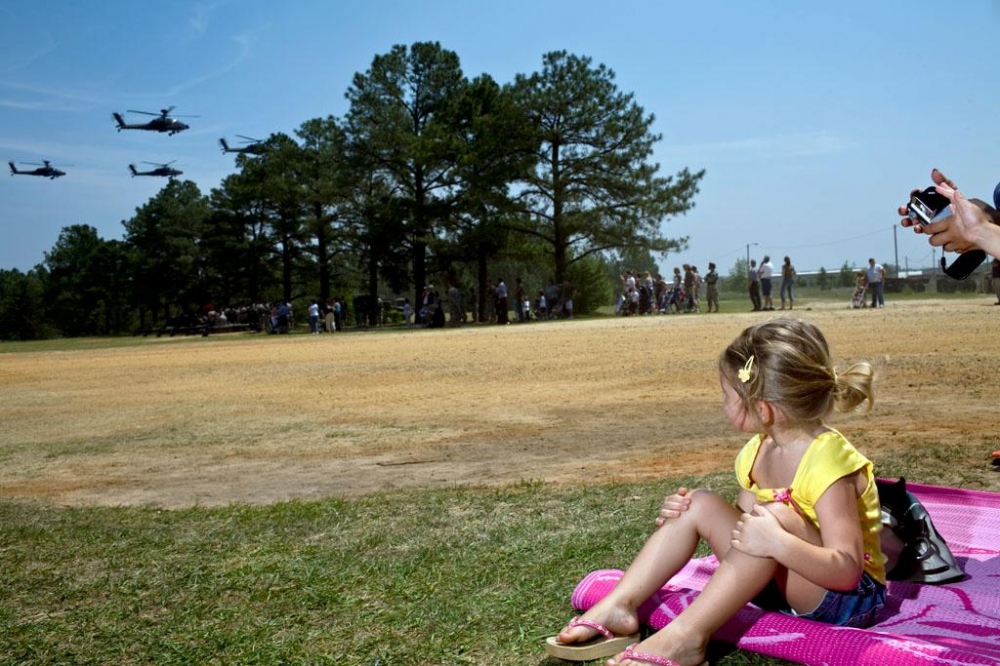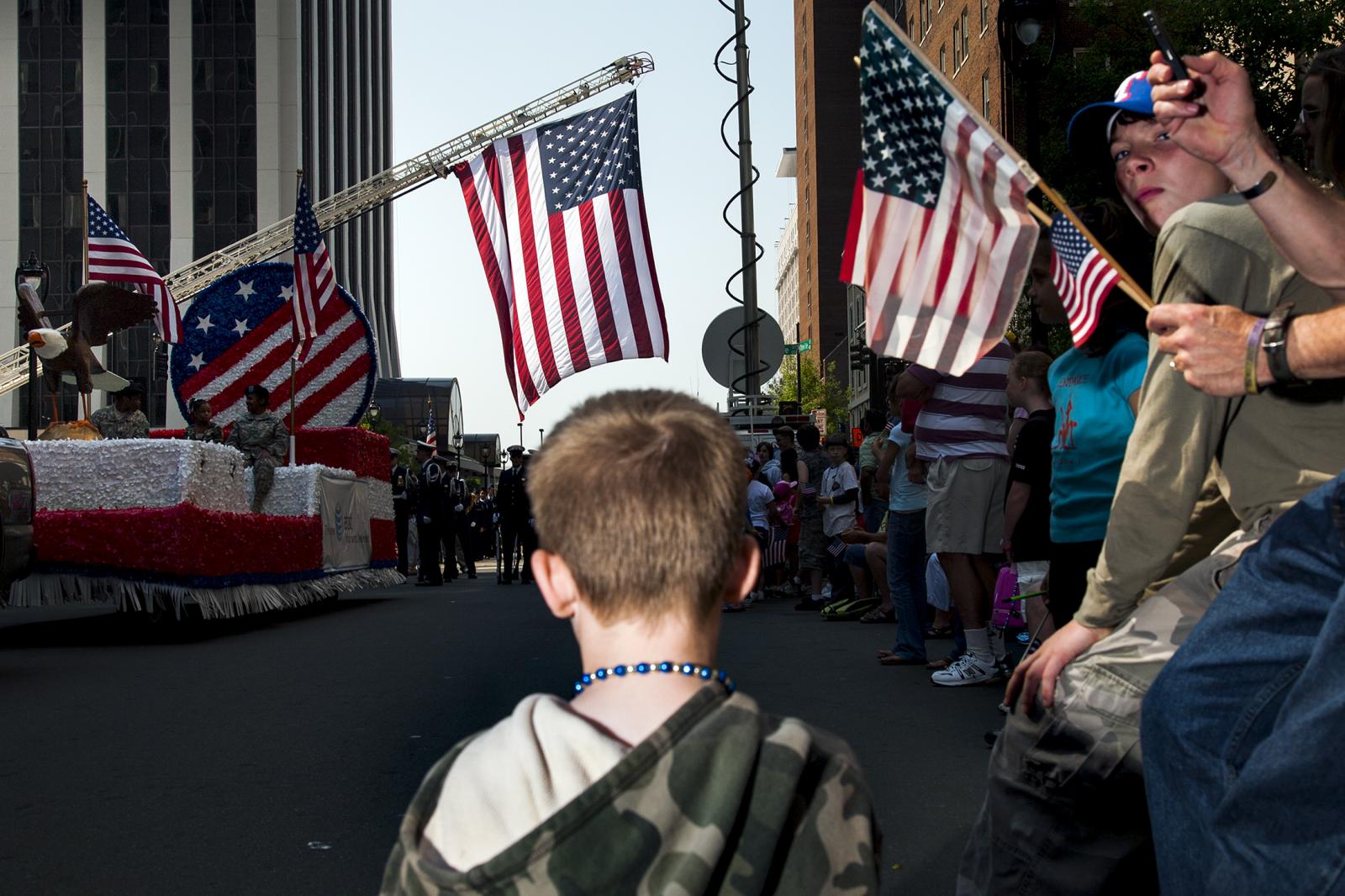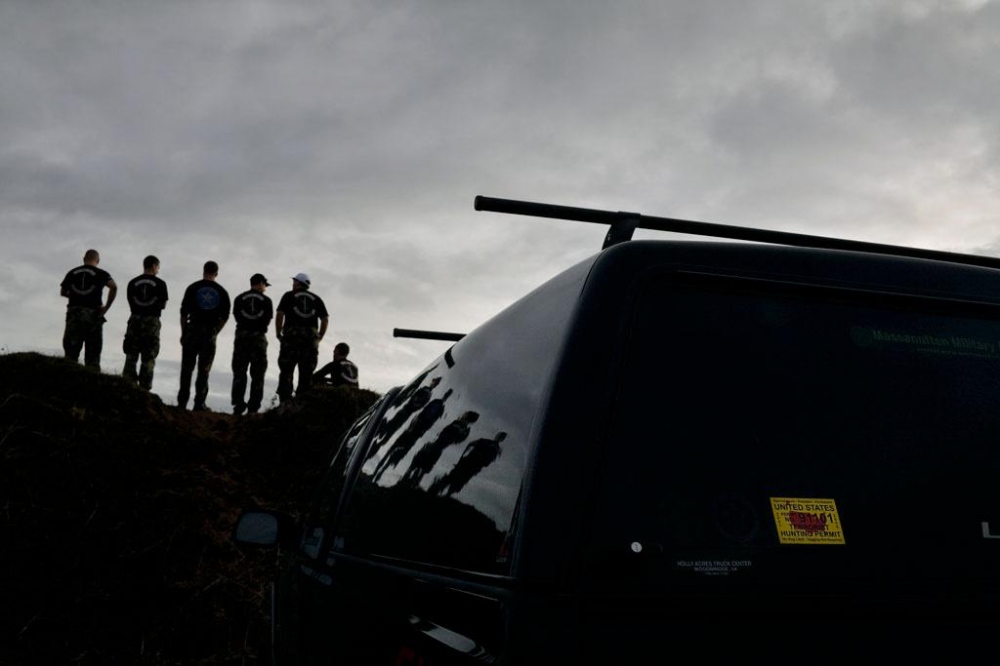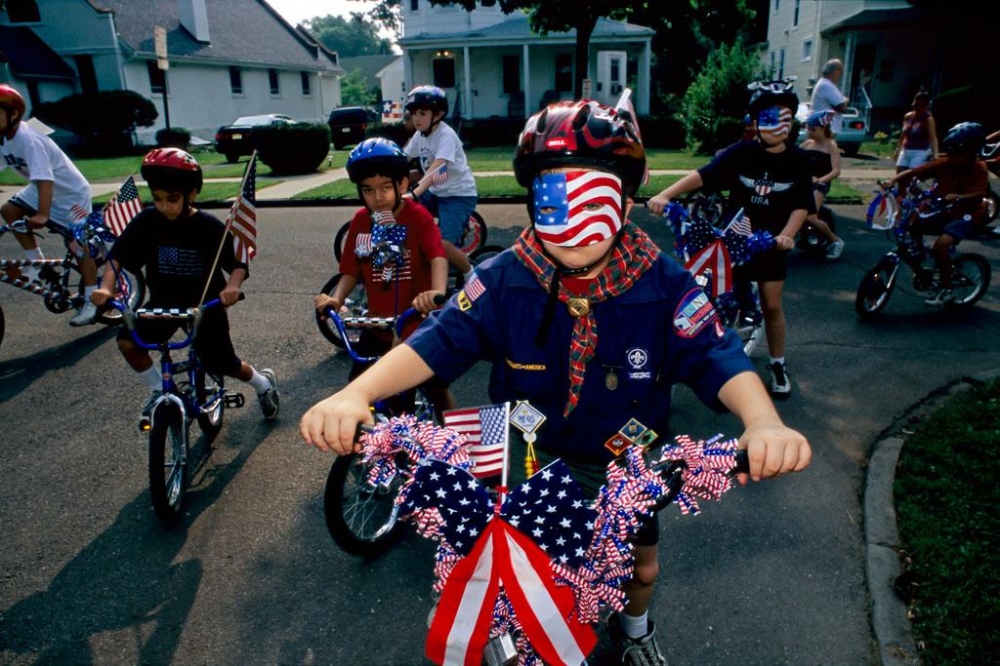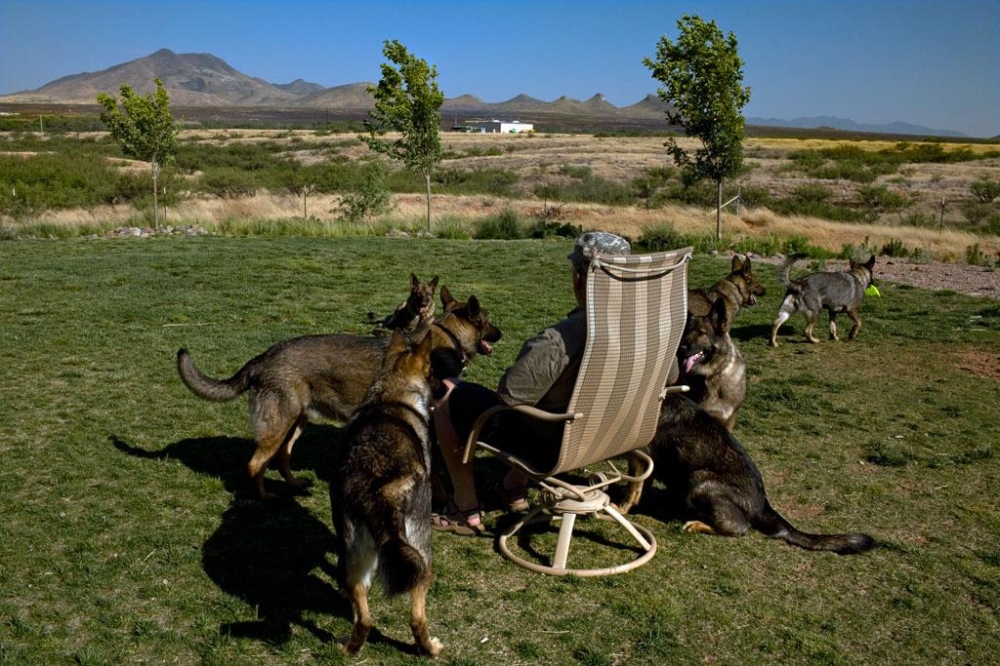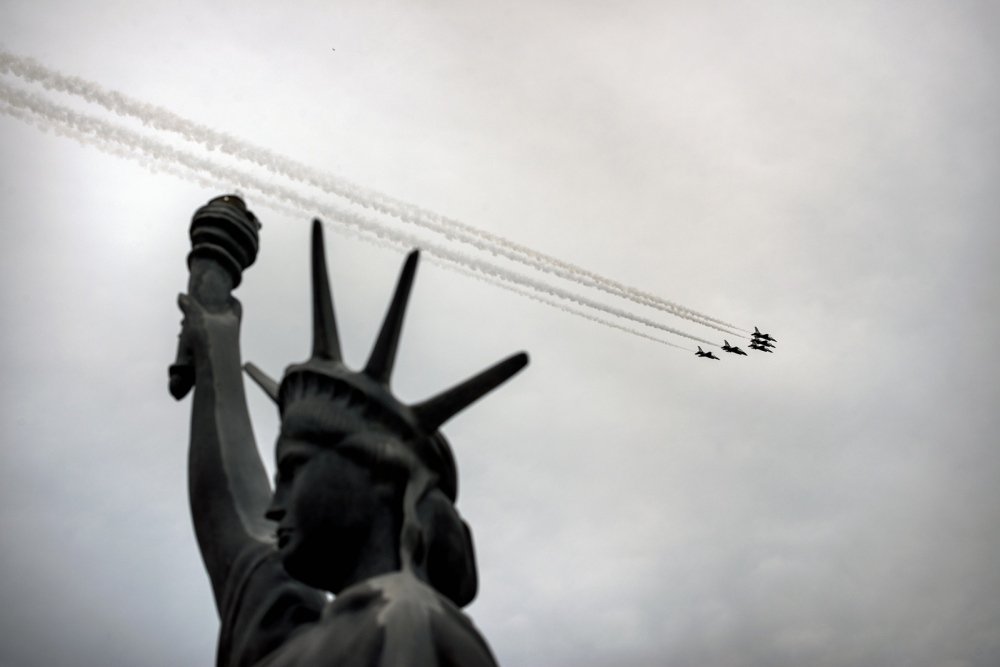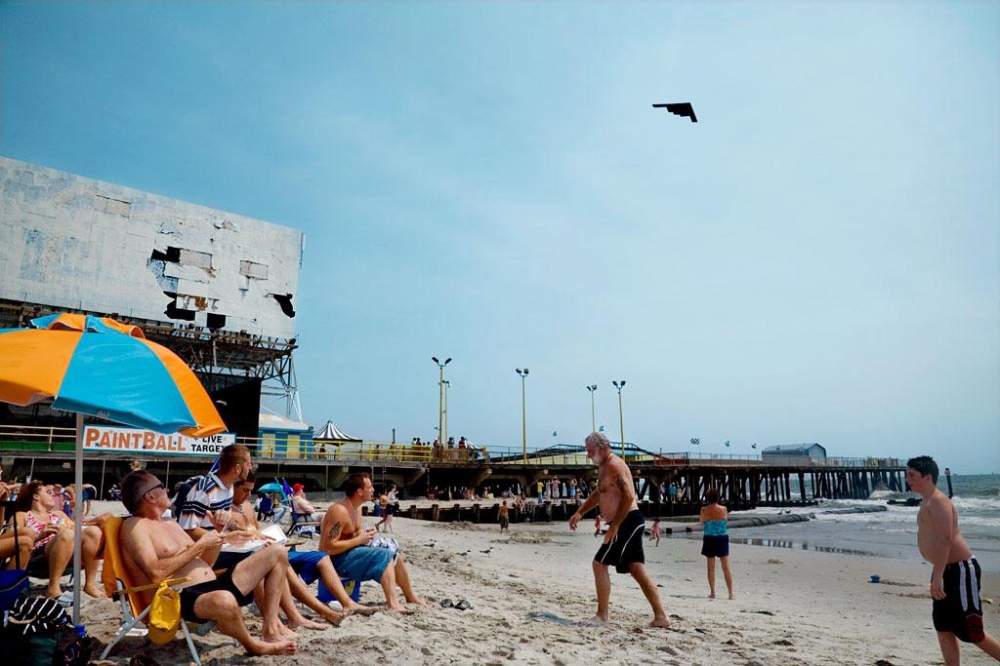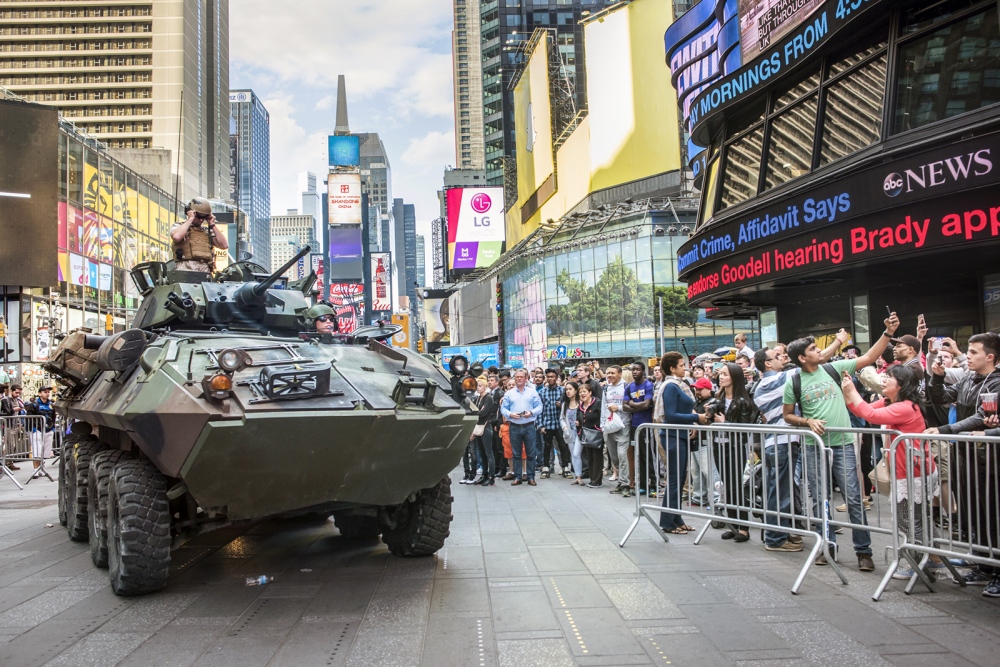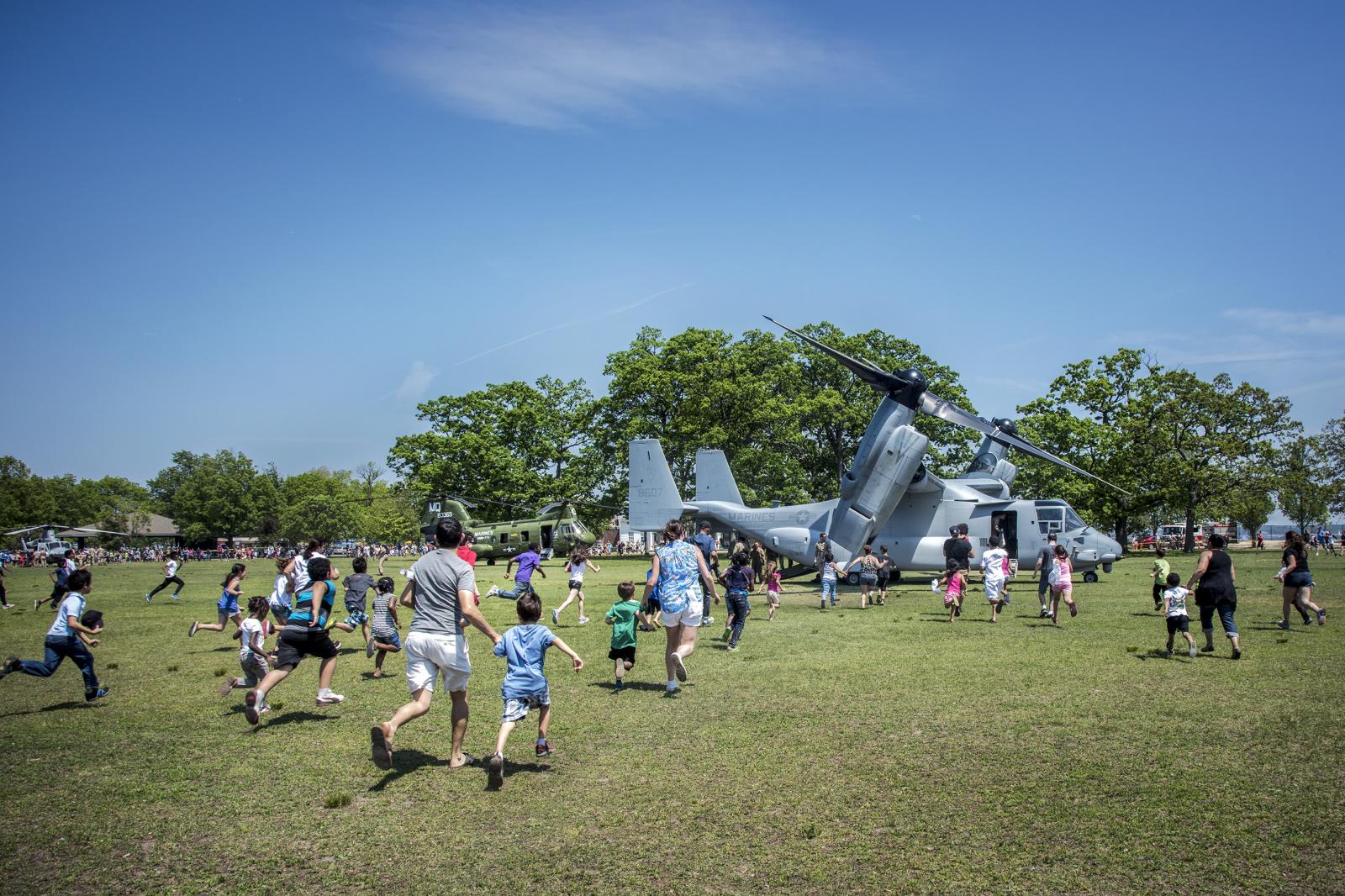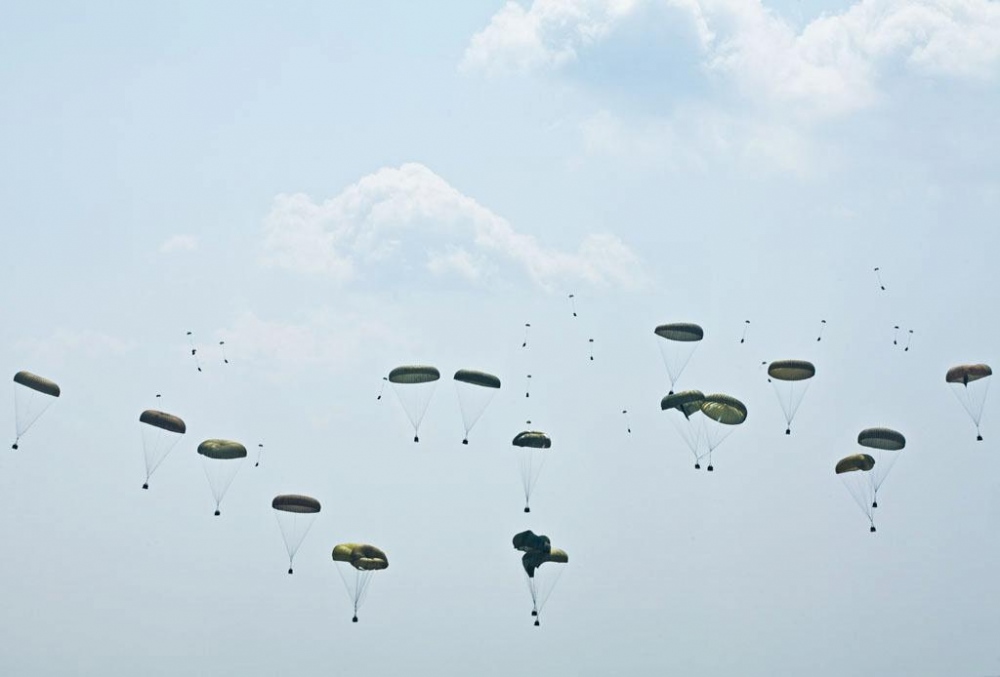Public Project
homeland
Monograph:
Homeland, (Trolley Books,) 2008
Awarded PDN Book Prize
Selected Publications:
Reimagining the American Landscape- Queer Topographics in Nina Berman's Homeland, Christopher W. Clark, Journal of American Studies, Volume 54, Special Issue 3: US Topographics: Imaging National Landscapes , July 2020 , pp. 541 - 563
In/Visible War: The Culture of War in Twenty-First Century America, ed. Jon Simons and John Louis Lucaites, Rutgers University Press, 2017
The Intercept, Schwarz, Jon, Photographs: Berman, Nina “Guns and Hotdogs: How the U.S. Military Promotes Its Weapons Arsenal to the Public,” July 3, 2016
The Baffler, “Homeland Portfolio,” issue no. 30, March 2016
Neiman Reports, “The American Homeland: Visualizing Our Sense of Security,” Berman, Nina June 11, 2009
New York Times Lens Blog, Estrin, James, Photographs: Berman, “Showcase: The War’s Long Shadows,” June 11, 2009
Photoworks, Weber, John S. “Homeland,” Photoworks, Autumn/Winter 2008-9
Leica Fotografie International, “Homeland,” Cover and multiple pages March 2009
Politiken Magasinet, (October, 2008), Lind, Henrietta, "Homeland", Photo essay, October, 2008
Selected Exhibitions:
Zimmerli Art Museum, Subjective Objective: A Century of Social Photography, New Brunswick, USA 2017
Krakow Month of Photography, "The War From Here," May, 2017
Mirbach Palace, American Power and Myth, Bratislava, Slovakia, 2017 (Solo)
Red Line Gallery, "The Reality of Fiction," Denver, USA, 2013
Sylvia Wald + Po Kim Gallery, "War is for the Living," New York, USA, 2013
Dublin Contemporary: Terrible Beauty—Art, Crisis, Change” Dublin, Ireland , 2011
Bieler Fototage, "Homeland", Bienne, Switzerland, 2010
Houston Center for Photography, "Unite and Untie," Houston, Texas , 2009
ArteFoto, "Homeland," Ancona, Italy, 2009
Side Gallery, “Homeland/Marine Wedding", New Castle, England, 2009
Gage Gallery, Roosevelt University, "Homeland", Chicago Illinois, 2009
Excerpt from "In/Visible War: The Culture of War in Twenty-First Century America", text and photos Nina Berman, ed. Jon Simons and John Louis Lucaites, Rutgers University Press, 2017
Fans cheer as billion-dollar weapons systems fly over baseball stadiums. Attack helicopters touch down on state parks while families run to greet armed Marines. On beaches and boardwalks, military recruiters teach children to aim assault rifles. An armored vehicle arrives in Times Square. Crowds dance to “Locked and Loaded,” a song by the Air Force rock band. This year’s Navy campaign is #selfiewithasailor.
The U.S. military sells its image to the public by sponsoring hundreds of family-friendly events which bring civilians face to face with the nation’s fighting forces. Central to the audience experience is the invitation to participate in military power while remaining in the comfortable role of consumer and spectator. These events—there are hundreds a year—allow the public to experience a version of warfare absent of carnage, defeat, destruction, and loss. In other words, war is fun.
Local lawmakers enlist corporate partners for sponsorship and branding. Atlantic City’s Air Show, Thunder Over the Boardwalk, launched in 2003, is now the signature summer event seen by hundreds of thousands of people. Sponsored by Geico, the show features the military’s most expensive bombers from the B-2 Stealth to the F-22 Raptor. Along the boardwalk, recruiters set up booths promoting the Army, Navy, Air Force, and Marines with model weapons, blow-up mascots, toy giveaways, videos, and posters.
These events, which so smoothly conflate war and play, exist in parallel with the growth of military training and terrorism preparedness exercises that rely on civilian participants to authenticate their narratives. Vast lands of the American landscape are used by the military as staging areas for War on Terror performances with increasingly elaborate scripts, stages, casts, and crew. In southern Indiana, on the site of a former residential center for the mentally disabled, an elaborate game of nuclear war is played out as thousands of civilian extras, covered in fake blood, lie on piles waiting to be rescued. The $12 million NORTHCOM exercise, which imagined Islamic terrorists detonating a dirty bomb, was such a popular draw that many locals took vacations from work in order to participate. At $15 an hour and a promise of overtime, playing a victim in the War on Terror was a chance not to be missed.
Nina Berman, 2017
66,105

